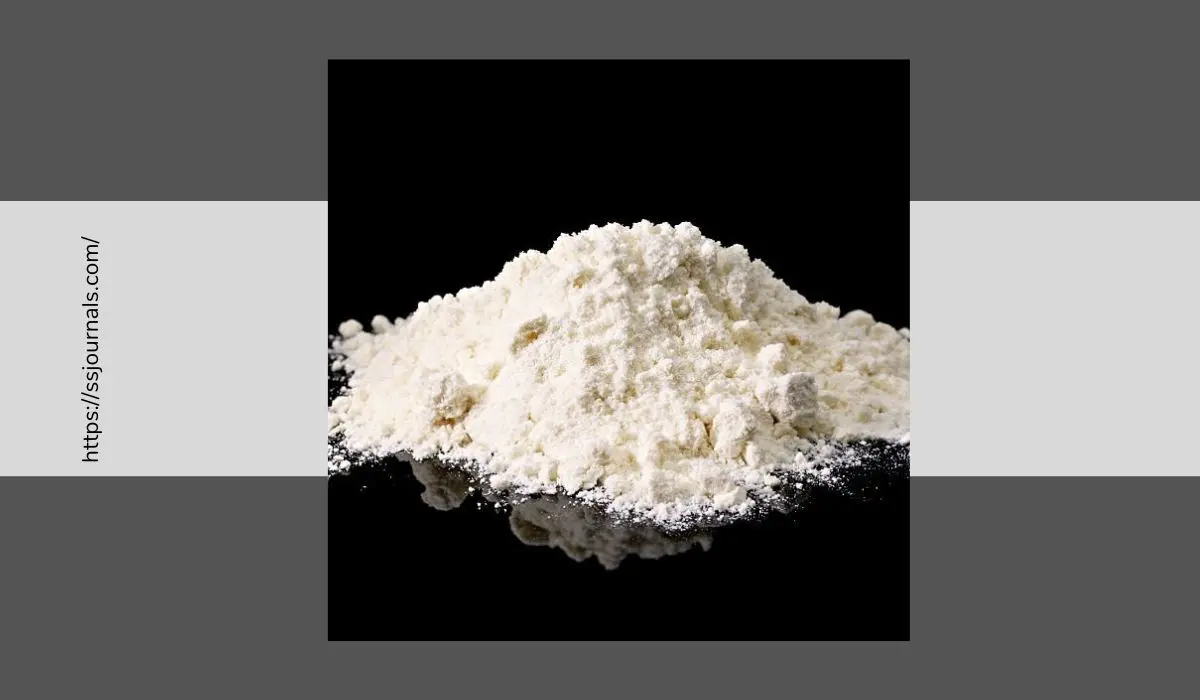Cocaine is an extremely addictive stimulant drug derived from coca leaves. Both short-term and long-term use of cocaine can cause various physical and psychological symptoms that can have devastating effects on a person’s health and life. Recognizing the signs of cocaine use can help identify addiction and get needed treatment early.
Warning Signs Of Cocaine Use
Cocaine goes by many street names like coke, blow, snow, and flake. It comes in two main forms:

➜ Powder cocaine – Typically snorted through the nose
➜ Crack cocaine – Smoked in a pipe or injected
Cocaine powerfully stimulates the central nervous system, providing an intense high. However, it is highly addictive, both mentally and physically. Identifying the unique symptoms of cocaine abuse allows for earlier intervention.
Short-Term Symptoms Of Cocaine Use
Even recreational use causes noticeable effects:
- Euphoria, elation, or giddy high
- Increased energy, alertness, and productivity
- Hyperactivity, excessive talking, and restlessness
- Anxiety, edginess, irritability, or aggression
- Paranoia, hypervigilance, or psychosis
- Increased heart rate, blood pressure, and body temperature
- Dilated pupils and disturbed sleep
- Reduced appetite and weight loss
- Runny or bloody nose, problems swallowing
- Nausea, vomiting, or abdominal pain
Frequent users often oscillate between being wired and then crashing as the drug’s effects fade. Binge use leads to increasingly erratic behavior.
Long-Term Symptoms Of Cocaine Addiction
Regular use modifies the brain’s reward circuits, leading to dependence:
- Drug cravings and inability to stop using despite negative effects
- Tolerance, needing more cocaine to get the same high
- Withdrawal symptoms like fatigue, insomnia, depression, anxiety
- Financial problems or illegal activities to fund drug purchases
- Isolation from friends and family, secretive behaviors
- Neglect of responsibilities or loss of interest in activities
- Legal problems like DUIs or arrests
- Chronic medical issues from prolonged cocaine use
Addiction devastates all aspects of a person’s life. Seeking treatment is vital to overcoming dependency.
Physical Effects And Health Complications
The stimulant effects of cocaine wreak havoc on the body long-term:
- Malnutrition and significant weight loss
- Cardiovascular damage including heart attack or stroke
- Heart rhythm abnormalities or infection of heart valves
- High blood pressure and aneurysms
- Liver damage or hepatitis
- Kidney failure or renal artery blockages
- Lung damage and pulmonary bleeding
- Permanent damage to blood vessels in the brain
- Increased risk of Parkinson’s disease
- Seizures, migraines, or headaches
- Muscle breakdown and deterioration
- Loss of smell, nosebleeds, or nasal damage from snorting
- Higher risk of HIV or other infections from needle sharing
- Dental erosion and gum disease
Quitting cocaine is the only way to halt cumulative effects and preserve health.
Psychological Symptoms
The mental health impact of cocaine cannot be understated:
- Severe depression, suicidal thoughts, or self-harm
- Anxiety, panic attacks, or paranoia
- Auditory or tactile hallucinations
- Memory problems, cognitive decline, and confusion
- Mood swings and irritability
- Lack of motivation, fatigue, or insomnia after use
- Personality changes like defensiveness or aggression
- Isolation or secretive tendencies
- Loss of interest in healthy relationships or activities
Seeking therapy and counseling aids the recovery process for cocaine addiction.
Symptoms Of Cocaine Overdose
A cocaine overdose is a life-threatening emergency with symptoms like:
- Chest pain, heart attack, or dangerously high blood pressure
- Extreme agitation, mania, panic, or psychosis
- Seizures, convulsions, or uncontrolled shaking
- Stroke, headaches, dizziness, or loss of consciousness
- Breathing problems, respiratory arrest, or asphyxiation
- Abnormally high body temperature and sweating
- Nausea, vomiting, or abdominal pain
Call 911 immediately with any overdose concerns. Timely treatment is critical.
Getting Treatment For Addiction
If you or someone you know exhibits concerning cocaine use symptoms, do not delay getting professional treatment which may involve:
- Medically-supervised detox and withdrawal support
- Inpatient or outpatient addiction rehabilitation
- Individual and group therapy and counseling
- 12-step programs like Cocaine Anonymous
- Relapse prevention education and social supports
- Ongoing aftercare and recovery services
Overcoming cocaine addiction improves quality of life immensely. With proper treatment, long-term sobriety is within reach.
Frequently Asked Questions
Cocaine has a distinct kerosene-like or acetone odor. Users often sniff cocaine to test purity based on smell. Dealers may also add scents like fruit or perfumes to disguise chemical smells.
Cocaine withdrawal peaks within the first few days but can produce effects like fatigue, insomnia, and depression for weeks to months after quitting. Psychological cravings may come and go for years after stopping use.
Can you recover from a cocaine addiction?
Yes, with dedication to treatment and recovery it is possible to achieve sobriety from cocaine addiction. While challenging, many former addicts lead happy, healthy lives in long-term recovery with the right help.
Yes, chronic cocaine use often leads to temporary or permanent erectile dysfunction and reduced libido in men. Cocaine impedes blood flow and neurotransmitter activity needed for healthy sexual function.
Yes, using cocaine while pregnant can trigger placental abruption, gestational hypertension, premature labor, and miscarriage. Cocaine-exposed newborns also face risks like low birth weight and birth defects.
Conclusion
Recognizing the signs of cocaine abuse allows for earlier intervention and treatment. While recovery is challenging, proper substance addiction treatment helps enable long-term sobriety.
Overcoming cocaine addiction dramatically improves emotional, psychological and physical well-being. With support and determination, a healthy, happy future free from cocaine dependence is possible.

